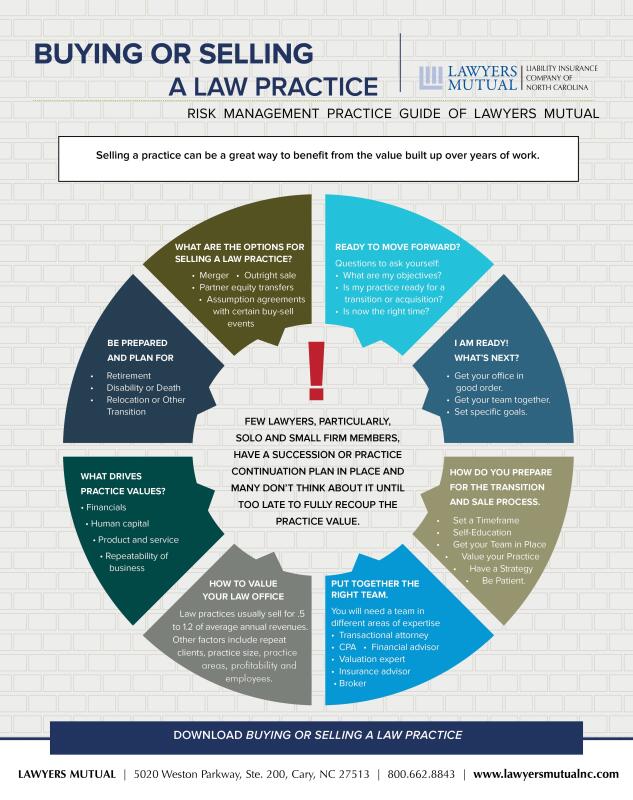Just How Criminal Justice Lawyer Get Ready For A Test: Inside The Process
Just How Criminal Justice Lawyer Get Ready For A Test: Inside The Process
Blog Article
Writer-Godfrey Middleton
When you consider the preparation that enters into a criminal trial, it's very easy to overlook the comprehensive behind-the-scenes work attorneys take part in. You'll discover that they start by assessing the instance details and collecting evidence, however it doesn't stop there. They craft methods based upon who's supervising the instance and who's remaining on the jury. As they browse the complexities of each test, they likewise have to expect the prosecution's relocations. So, what details actions do they require to make sure whatever aligns flawlessly come test day?
Situation Analysis
When getting ready for a trial, an extensive case assessment is essential for any type of criminal justice attorney. You'll begin by evaluating the facts of your case, which sets the foundation for your approach. Comprehending the timeline of events, recognizing key players, and identifying potential weak points in the prosecution's debate will certainly assist you build a strong approach.
Next, you'll assess any kind of existing legal precedents that could affect your instance. Acquainting yourself with comparable instances can give useful insights right into just how courts might analyze the law. This knowledge enables you to prepare for obstacles and address them proactively.
Furthermore, https://www.abajournal.com/news/article/defense-lawyer-in-daybell-case-accuses-lds-counsel-of-ex-parte-communication-with-client 'll want to talk to your client to collect their perspective and ensure their story straightens with the proof. Reliable interaction also assists develop depend on, which is essential for a strong attorney-client relationship.
Lastly, consider the implications of numerous results. This analysis not only prepares you for test however also permits you to encourage your customer on possible appeal offers or different resolutions.
Proof Collection
After analyzing the case, the next action involves event proof that sustains your customer's defense. This procedure is critical, as the strength of your situation usually hinges on the top quality and relevance of the evidence you collect.
You'll start by recognizing potential sources of proof, which might consist of witness declarations, cops reports, monitoring video, and forensic data.
Once you have actually pinpointed these sources, you'll need to acquire them legitimately and fairly. This can mean declaring ask for papers, speaking with witnesses, and collaborating with professionals that can assess physical proof.
Be thorough in your paperwork; every piece of proof ought to be cataloged carefully to guarantee you can reference it quickly throughout trial.
It's additionally essential to examine the proof for its admissibility. Some items may be compelling yet can face obstacles in court because of lawful rules. You'll wish to expect any type of arguments from the prosecution and prepare counterarguments.
Finally, keep your client notified throughout this procedure. Transparency develops trust and helps them understand how each item of proof adds to their protection method.
This collaborative technique lays the structure for a strong situation as you relocate better to trial.
Trial Strategy Growth
Developing a test approach is vital for efficiently presenting your case in court. You'll wish to begin by analyzing the evidence accumulated and recognizing vital themes that support your customer's position. Consider how to provide the realities in an engaging narrative that reverberates with the court.
Next off, consider your audience. You require to customize your strategy based on the judge and jury's backgrounds, beliefs, and worths. This understanding can guide how you frame your arguments and select which proof to highlight.
It's likewise critical to anticipate the prosecution's approach. Recognize possible weak points in your situation and create counterarguments to resolve them proactively. Consider what questions jurors may have and be prepared with clear, succinct responses.
When you've developed your core arguments, practice providing them with confidence. Simulated tests can be valuable for fine-tuning your discussion design and gauging the efficiency of your strategy.
Last but not least, continue to be flexible throughout the test. Prepare to adjust your approach as brand-new proof or advancements emerge, guaranteeing you stay concentrated on achieving the best outcome for your client.
Final thought
In preparing for test, you need to remain organized and aggressive. By extensively examining the case, gathering solid proof, and crafting a calculated technique, you'll set on your own up for success. Remember, versatility is vital; be ready to adapt as the trial proceeds. With effective communication and practice with mock tests, you'll be well-equipped to respond to any type of challenges that emerge. Ultimately, your prep work can make all the distinction in achieving a positive end result for your client.
